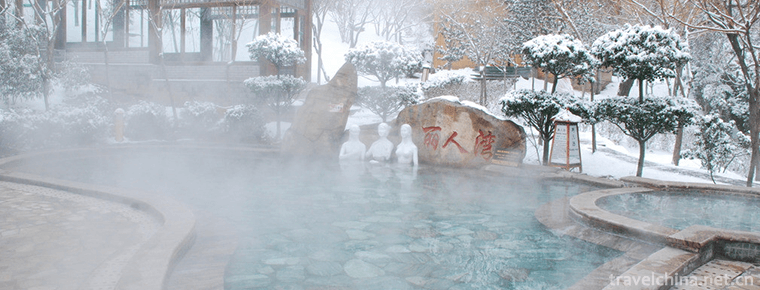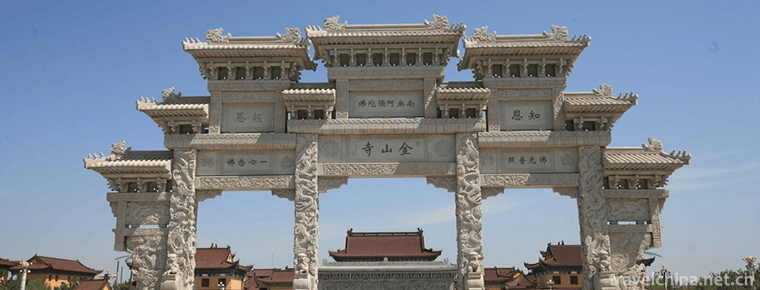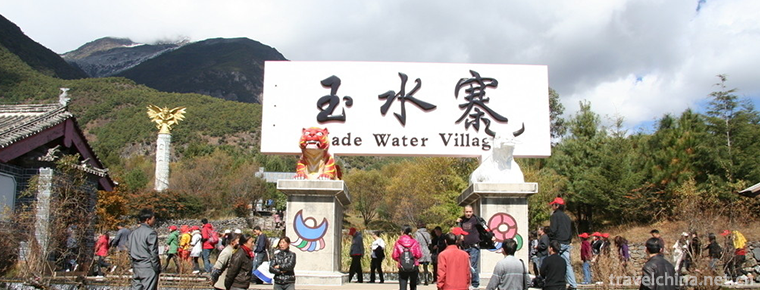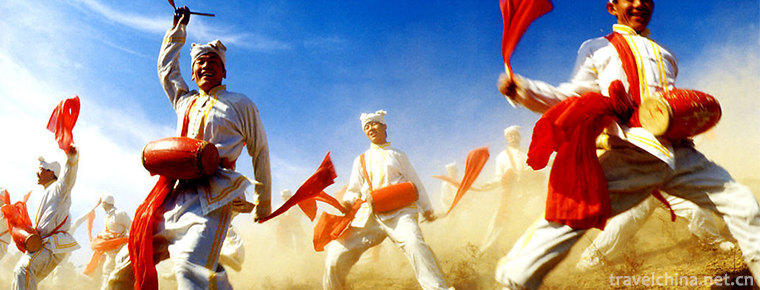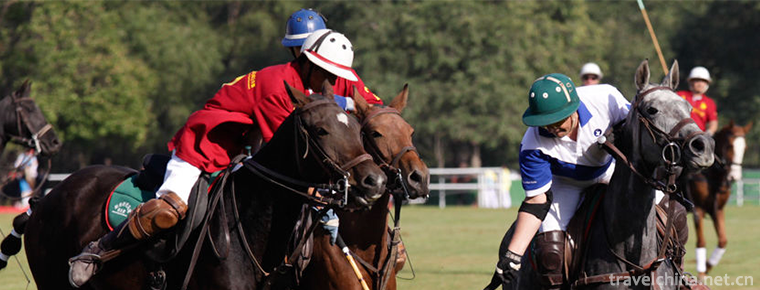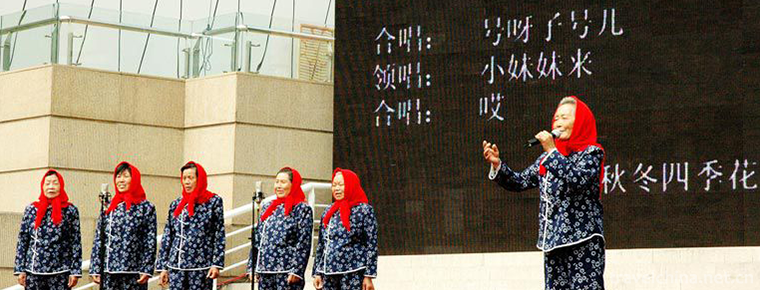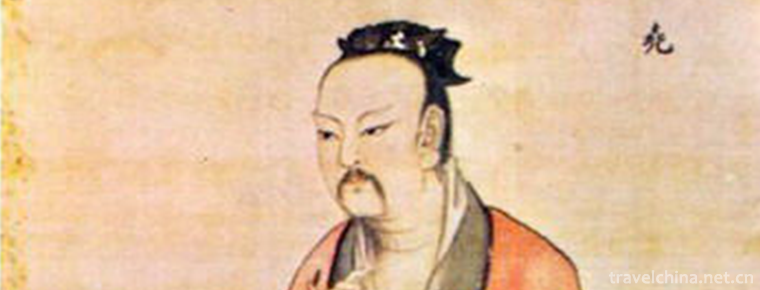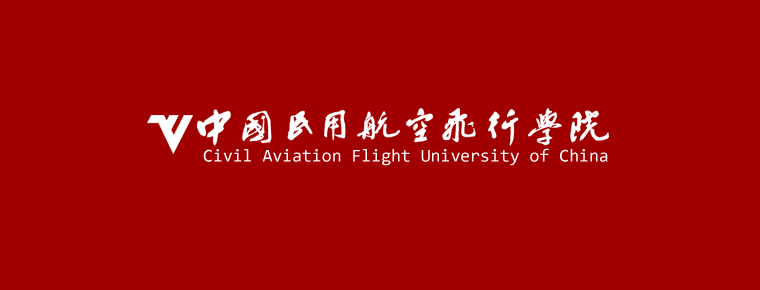Dong year
Dong year
In Dong year, Dong language is called Ninggan, also known as Winter Festival or Yang Festival. Winter Festival was originally a festival of Yang surname of Dong nationality. Initially, Yang Festival was used as Dong year in some areas of Liping, Rongjiang and Congjiang counties of Guizhou Province (between November 19 and 22 each year). Later, people gradually passed the Dong year after imitating each other.
In the early 1980s, the first day of November in the lunar calendar was the year of Dong, which was decided by the representatives of Dong nationalities from all over the country.
On May 23, 2011, the "Dong Year" declared by Rongjiang County, Guizhou Province, was listed in the third batch of national intangible cultural heritage list with the approval of the State Council.
Festival activities
During the festival, families kill pigs and sheep, chickens and ducks, invite visitors and friends for a feast. The day before the festival, they prepare tofu, fish and shrimp, cook them in sour water that night, and then cool them overnight into "frozen vegetables", on which day they sacrifice their ancestors with "frozen vegetables".
On this day, the Dong people prepared various pickles, frozen fish and bamboo buns to give to their relatives and friends, called "eating Yangbao". During the Lunar New Year, the other party should return them as many as possible, called "returning Yangbao".
The Dong people believe that after the autumn when grain is abundant, livestock is flourishing and all farming affairs are completed, the year of labor has passed and the new year is coming. Therefore, some places regard November as the beginning of the new spring, while others regard it as the end of the old year. In this regard, it is considered the end of the old year. In this regard, it is considered that the old year has gone, the new year has arrived, the grain is full of barns, and the end of the old year. When poultry and livestock are in full circle, pigs and sheep are slaughtered to celebrate the festival. Year after year, the festival is followed by the festival of the Chengdong nationality.
The Dong village in the seventy-two Zhai area of Rongjiang celebrates the New Year celebrations from the end of October to the beginning of November. In the Dong Dynasty, it is mainly a variety of flowers and presents for the elderly. It is a celebration of the ancestors. On the occasion of the new year, the family will clean up the front of the house and replace the new clothes for men, women and children. People will slaughter pigs and kill cows, and spring glutinous rice rakes. Activities, some young people take advantage of the occasion to hold wedding ceremonies, feasting relatives and friends.
In addition to the Dong year in early November, the two "accompanying years" of the performance contest are called "accompanying years". The so-called "accompanying years" refers to the Dong year at the end of November and the Spring Festival of the Han nationality accompanied by the nearby Dong people. The "accompanying year" is a program to strengthen national unity and increase friendship between the villages, both in form and in content.
There are two theories about the origin of the Dong year in this area. One is that the Longdong Dong people of Yandong first settled here, and then the ancestors of Luo, Huang, Wang and Gong came one after another. The ancestors of Luo surnamed were in harmony with the villages. On November 27, they killed pigs, slaughtered cows, beaten glutinous rice sticks and feasted their relatives. On December 1st, other families also held banquets to thank them. Another legend is that in the year of war and disorder, Luo surnamed ancestors. After hearing the news that the army was going to cross the border, it killed pigs and cattle on November 27 to celebrate the New Year. Later, other family members knew it and passed the New Year on December 1. From then on, until now, all kinds of legends have shown the festival contents of sacrificing ancestors. The rit*of the festival embodies the atmosphere of celebrating the New Year.
Inheritance and protection
In 2007, Dong year was listed in the second batch of intangible cultural heritage list of Guizhou Province.
On May 18, 2010, the State Council of China announced the third batch of national intangible cultural heritage list recommended items (new items). The "Dong Year" declared by Rongjiang County, Guizhou Province, was included in the category of folk-custom items.

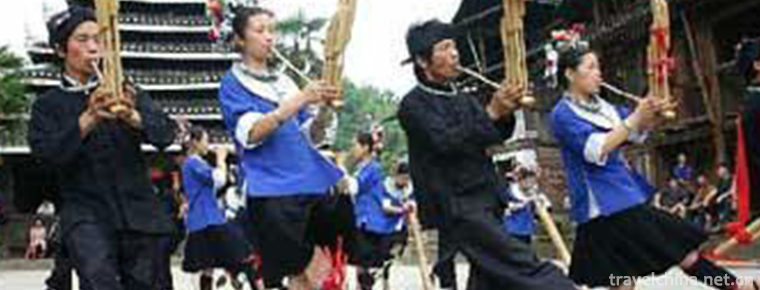
-
Central Radio and Television Tower
The Central Radio and Television Tower, now a national 4A scenic spot, is located on the west side of West Third Ring Road, Haidian District, Beijing. Near the Space Bridge, it faces beautiful Yuyuant.
Views: 141 Time 2018-12-22 -
White Deer hot spring bailu hot spring
Bailu Hot Spring is a hot spring resort center built according to the national AAAA scenic standard. Located in Wentang Town, Pingshan County, Shijiazhuang City, Hebei Province, Bailu Hot Spring is a .
Views: 136 Time 2019-01-02 -
Island Jinshan Temple
Jinshan Temple, located in the northern part of Qingyun County, Dezhou City, Shandong Province, was built in the Sui Dynasty and flourished in the Tang Dynasty. It is said that the island Jinshan Temp.
Views: 109 Time 2019-01-13 -
Longtan Ecotourism Resort
Lianzhou Longtan Eco-tourism Resort is a tourism project invested and constructed by Lianzhou Aidi Tourism Development Co., Ltd. of Qingyuan City. Based on the original Huangchuan .
Views: 140 Time 2019-01-19 -
Little Three Gorges
Wushan Xiaoxiao Three Gorges is the general name of Changtan Gorge, Qinwang Gorge and Sanzhuang Gorge on Madu River, a tributary of Dicuixia of Daning River. Wushan Xiaoxiao Three Gorges is known as t.
Views: 189 Time 2019-02-25 -
Yushuizhai Scenic Area
Yushuizhai Scenic Area is a national AAAA level tourist area (spot), located in the north of Baisha Town, which consists of a series of scenic spots. Yushuizhai Scenic Area is a scenic spot with Naxi .
Views: 161 Time 2019-03-07 -
Sea cucumber with eight treasures
Babao sea cucumber is a traditional dish in Yichang City, Hubei Province. "Babao" means ham, hoof tendons, chicken, winter bamboo shoots, shrimp, mushrooms, lotus seeds and water chestnut; i.
Views: 157 Time 2019-03-25 -
Ansai waist drum
Ansai waist drum is a traditional folk dance in Shaanxi Province. Performances can be performed by several people or thousands of people together, magnificent momentum, exquisite performance is intoxi.
Views: 229 Time 2019-03-31 -
Polo
Polo refers to a sport in which horses are riding and polo clubs are used to hit the ball. In ancient China, Polo was called "hitting the bow". It was invented in the Han Dynasty and flouris.
Views: 137 Time 2019-05-15 -
Maoshan chant
Maoshan chant is a traditional folk song originating in Maoshan area of Xinghua City, Jiangsu Province. It is a kind of folk song that people in Maoshan use chant form with chant words to stimulate em.
Views: 135 Time 2019-05-28 -
Legend of Yao
The legend of Yao is one of the local folklores in Jiangxian County, Shanxi Province. Yao is the Saint King of ancient Chinese legend. It is said that later generations named him Tao Tang and surnamed.
Views: 68 Time 2019-07-11 -
Civil Aviation Flight University Of China
The school is directly under the Civil Aviation Administration of China. Its predecessor was established in May 1956 with the approval of Premier Zhou Enlai. Chairman Mao Zedong appointed the aviation.
Views: 175 Time 2019-08-31

